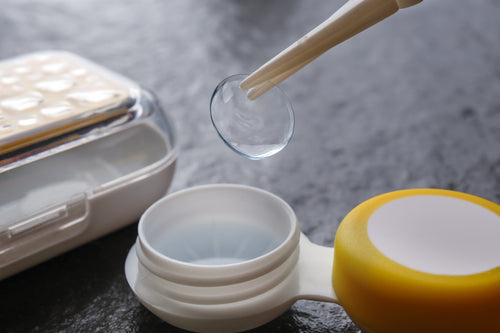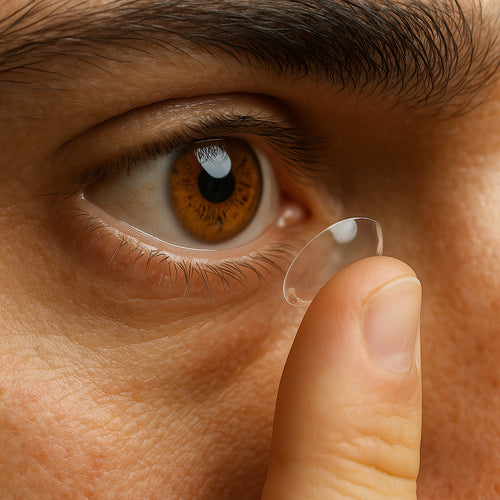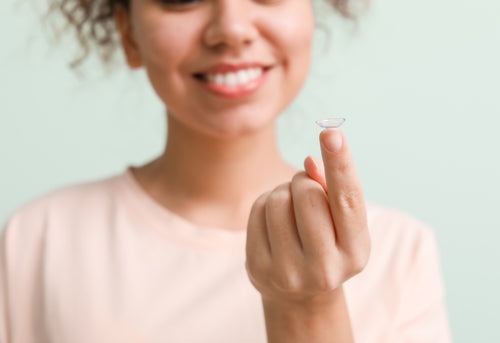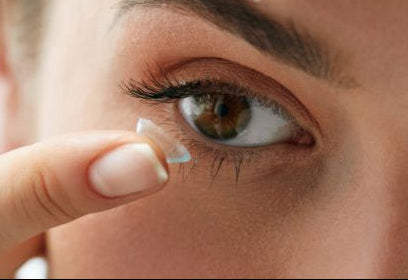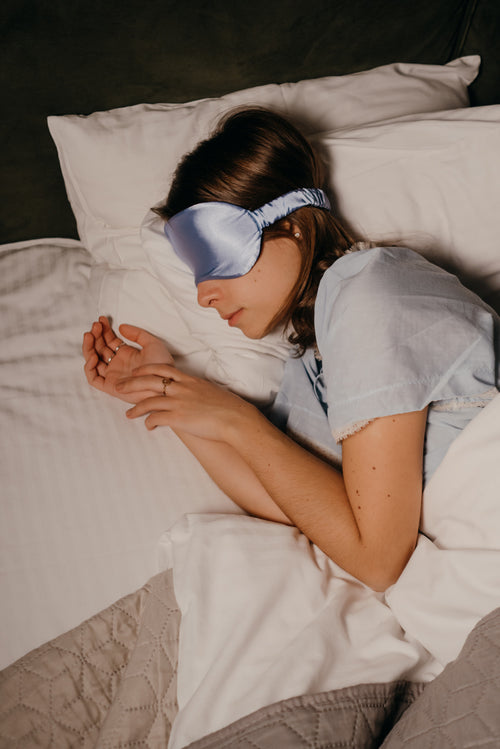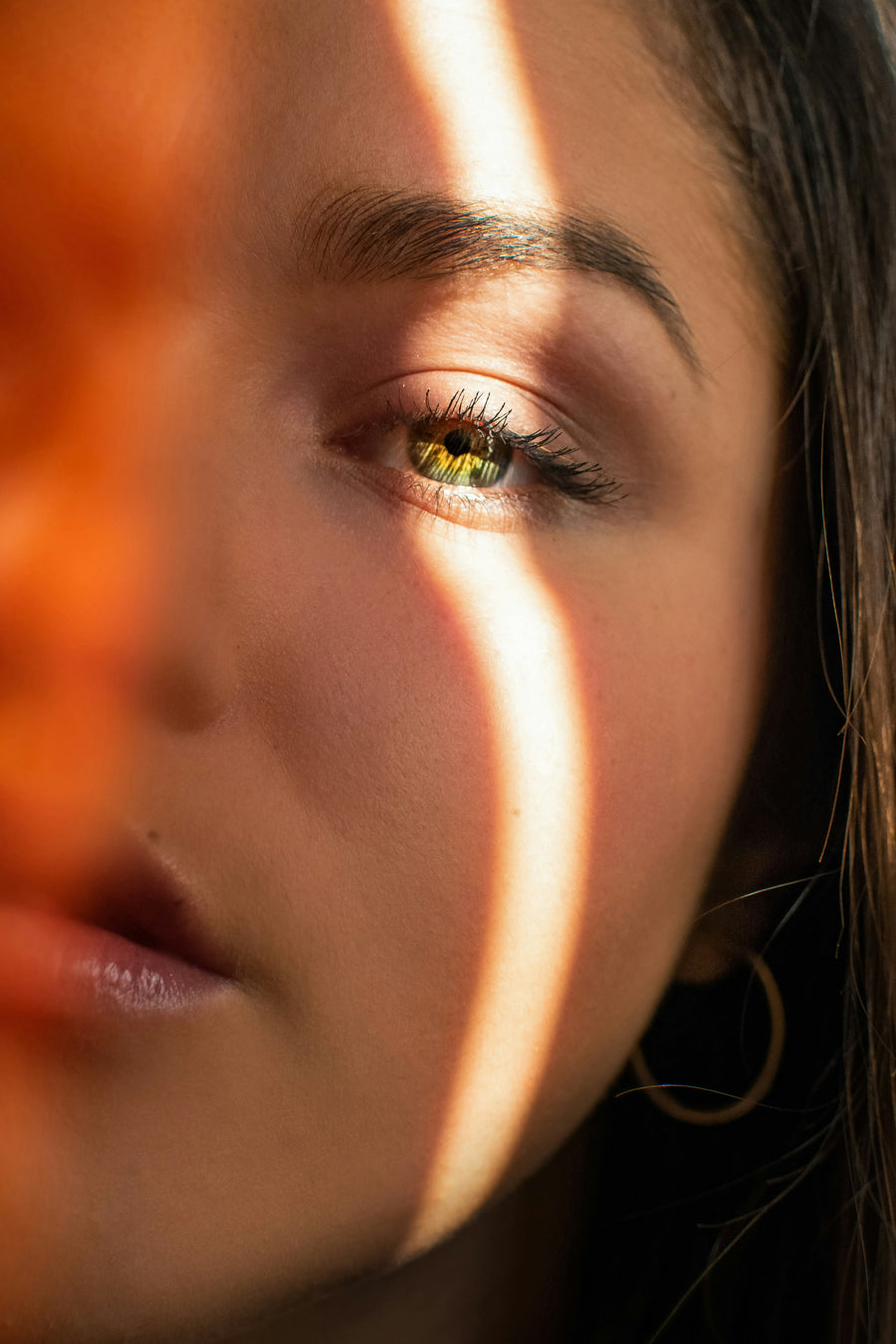Lenses for daily wear are contact lenses designed for comfortable, everyday use. They come in two main types: daily disposables and monthly or two-weekly lenses. Both types provide clear vision and comfort.
Daily disposables offer ultimate convenience and hygiene, while reusable options are more cost-effective.




